Mastering Critical Tasks and Self Barriers
“Self worth is internal. It doesn't come from the outside world or from any work that we do."
Experiencing Love Ep 140
Hello, and welcome to Experiencing Love. I'm your host, Philip Joks, and I'm so glad that you're here. Yesterday, I mentioned the idea of doing my eight critical tasks list. I create a list in the morning of eight things that I want to do that day, with the goal of getting them done by the end of the day. By the time I go to bed, the goal is to have them completed and then build up a streak of how many days in a row I can achieve this. Eventually, what happens is I run out of the easy stuff to do, and I have to start getting really creative about what can be a critical task for that day. The first few days are going to be easy because they're all the to-dos that I've been putting off. Eventually, it's going to get a little bit more fun, a little bit more exciting, and a little bit more automatic.
So, the update is that I started this today and, by starting to record this episode a little bit earlier than I normally do (honestly, by about five minutes), I completed my final task for the day. I get to cross it off my list. One thing I like to do is sign my name at the bottom of the page as recognition that I've completed the day. Just doing this, I found that I was much more proactive with how my day went. I wasn't completely productive, but I was more deliberate about the choices I was making. I spent the first half of my day actually doing a lot because I wanted to make sure to have enough time to finish everything. It had me looking at my entire day differently, rather than letting it happen to me. I was making the day happen. Or, as I like to believe, my life happens by design, not by default. Today, I was designing my life, and it's something I want to keep doing. I want to reach that point where I'm struggling to come up with my critical tasks, something I feel pride in when I reach that point.
I also found my previous notebooks from the first time that I did these eight critical tasks. They were exactly where I left them, and flipping through them gave me some ideas of how I wanted to do this. In the first book I ever made, I found in the back were a list of rules I made for myself—or maybe they were more guidelines to ensure success. Among these was the advice to make tasks extremely bite-sized and manageable and to be careful about writing down items on your list that rely on other people. Make them small action steps that can be the start or the trigger to a larger goal. So, instead of saying "finish the project," you can say, "spend five minutes working on the project." Those five minutes can lead to five hours where you do finish, or it's just five minutes for that day, and you're able to achieve one small thing, which is still progress.
The second part involved not relying on other people. I made the mistake before of writing down goals that included someone else, and then that person needed to cancel. In my eyes, that's still a failure on my part because it doesn't happen on that day, even if there was a really good reason. A little bit of planning ahead of time, and even the foresight of not putting it on the list, would have meant I succeeded that day. I guess, when I was first trying this out about four or five years ago, it was the start of understanding the power of language and how the words you use matter. The specific words used in my tasks often determined whether or not I finished a goal. Whether I made the goal SMART by making it specific and measurable, or just extremely vague and more emotional. It's important to be smart about the way you do these tasks because this system is meant to get things done and is rooted in fact and logic.
I have no doubt that if you get the idea of how to morph this into something that works for you, then doing so is worth it. I don't claim to have come up with the idea of eight critical tasks. In fact, I got the inspiration from other sources as well, and I made it my own. If you're hearing this, or if this idea falls into your lap and needs an adjustment, then I really do encourage you to make that adjustment. That could be the missing piece for someone else, and by sharing that change, you give them permission to grow and do something they've never done before.
I'm really happy about the way today went. I'm feeling pleased and thrilled that I'm stepping up and taking action once again. It's been a few weeks, and it hasn't been rough because of anything happening externally. I've really just been battling myself and my own mind. Sometimes I could be my own best friend, and sometimes I could really be my worst enemy. I have hopes now that in reintroducing this little notebook as a kickstart to my productivity, I'll be able to tackle a lot of the creative projects I've put on the back burner. I've been excited to do these projects and had a lot of fun coming up with and brainstorming them. Yet, I put up these barriers that I now need to overcome. And it's funny because those barriers were created by me. In theory, I should just as easily be able to take them down. But I think that's akin to treating a symptom and not the problem. There's something causing me to put up these barriers, something rooted in fear. Instead, I'd rather ask why I'm putting up these barriers and deal with that problem first because I have no doubt that the problem is affecting more than just my creative endeavors.
One of these projects is to complete my book. I've always wanted to write a book. I never knew what about, but I've known that one day I wanted to see my name on the cover of a book. Not because I want to see my name there, but because I want to become the person that's capable of writing a book. Or, I guess I should say, I want to become the person who has written a book because writing a book is no easy feat. It's true that anybody could write a bunch of words, fill a bunch of pages, and then post a cover on it and put it out there. Honestly, that's probably what most people do, most authors, really. I saw some crazy statistic that either 95,000 or 195,000 books a year that get written don't sell more than 5,000 copies. It's something like no more than 5% of books ever written actually grow and become successful, whatever that means. That's a crazy statistic to me. It takes one type of person to write a book, and then it takes the next level of that person to write a great book. So, I'm in this camp that I want to just write that first book that may be great, or it's just the foundation for a greater book later.
Bringing that up because one of the things that gets in my way is wondering if I'm worthy of writing a great book. Do I have something to say? Do people want to hear or read what's going on in my mind? Because I don't know the answer to that question, I just keep going one step at a time so that I can find out. If I'm lucky, people will stumble upon my work and will give me constructive criticism on how to improve. Being great the first time is cool, but it's also damaging because you haven't learned what not to do. If you're great the first time, much of it could be luck. And you may not know which parts are really the things that make your work stand out. So, I would be lucky if someone gave me advice on how to grow. And not just general advice, but the type of advice that shows they've consumed that version of my work and they believe in the possibility that I could do better. There's definitely a difference between the advice you'd get from one or the other.
Currently, I'm overcoming challenges with my self-worth. Self-worth is internal. It doesn't come from the outside world or from any work that we do. It's purely based on who we're becoming. As much as I do things that may contribute to my self-confidence, which is more external, it's not as common for someone to really tackle the issue of their own self-worth. This concept of self-worth versus self-confidence comes from the book Worthy by Jamie Kern Lima. I picked it up years ago and I'm re-reading it now, or at least re-reading parts of it, because sometimes I just need that reminder of worth in my mind.
This episode wasn't exactly clear or concise, and I'm grateful that you bear with me through these types of episodes. I'm always learning, and I appreciate all advice if you have any. Thank you so much for listening and thank you so much for being who you are. Remember to always fill up with love, and I look forward to seeing you in the next one. I love you.
Ready to dive deeper into the power of Parkinson's Law, critical task lists, and personal growth? Listen to the full episode of "Experiencing Love" for more insights and inspiring stories from Philip Joks. Your journey to productivity and self-awareness starts here. This Episode On Spotify
Photo by Buse Doga Ay on Unsplash


